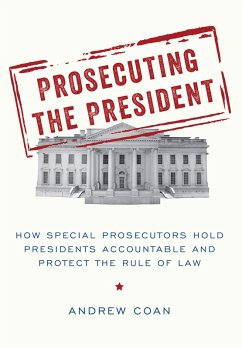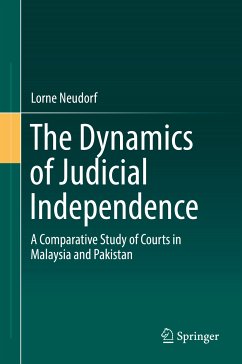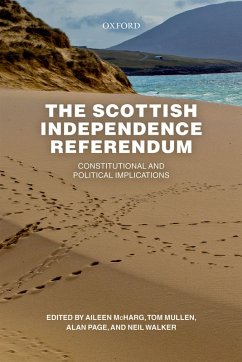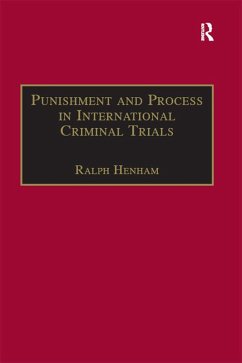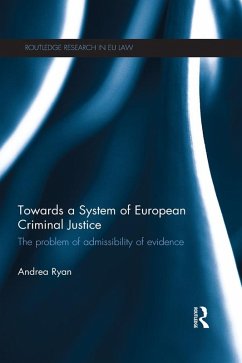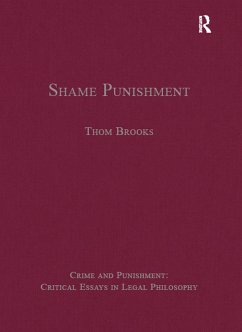
The Myth of Judicial Independence (eBook, PDF)
Versandkostenfrei!
Sofort per Download lieferbar
49,95 €
inkl. MwSt.
Weitere Ausgaben:

PAYBACK Punkte
25 °P sammeln!
Through an examination of the history of the rules that regulate police interrogation (the Judges' Rules) in conjunction with plea bargaining and the Criminal Procedure Rules, this book explores the 'Westminster Model' under which three arms of the State (parliament, the executive, and the judiciary) operate independently of one another. It reveals how policy was framed in secret meetings with the executive which then actively misled parliament in contradiction to its ostensible formal relationship with the legislature. This analysis of Home Office archives shows how the worldwide significance...
Through an examination of the history of the rules that regulate police interrogation (the Judges' Rules) in conjunction with plea bargaining and the Criminal Procedure Rules, this book explores the 'Westminster Model' under which three arms of the State (parliament, the executive, and the judiciary) operate independently of one another. It reveals how policy was framed in secret meetings with the executive which then actively misled parliament in contradiction to its ostensible formal relationship with the legislature. This analysis of Home Office archives shows how the worldwide significance of the Judges' Rules was secured not simply by the standing of the English judiciary and the political power of the empire but more significantly by the false representation that the Rules were the handiwork of judges rather than civil servants and politicians. The book critically examines the claim repeatedly advanced by judges that "judicial independence" is justified by principles arising from the "rule of law" and instead shows that the "rule of law" depends upon basic principles of the common law, including an adversarial process and trial by jury, and that the underpinnings of judicial action in criminal justice today may be ideological rather than based on principles.
Dieser Download kann aus rechtlichen Gründen nur mit Rechnungsadresse in A, B, BG, CY, CZ, D, DK, EW, E, FIN, F, GR, HR, H, IRL, I, LT, L, LR, M, NL, PL, P, R, S, SLO, SK ausgeliefert werden.





